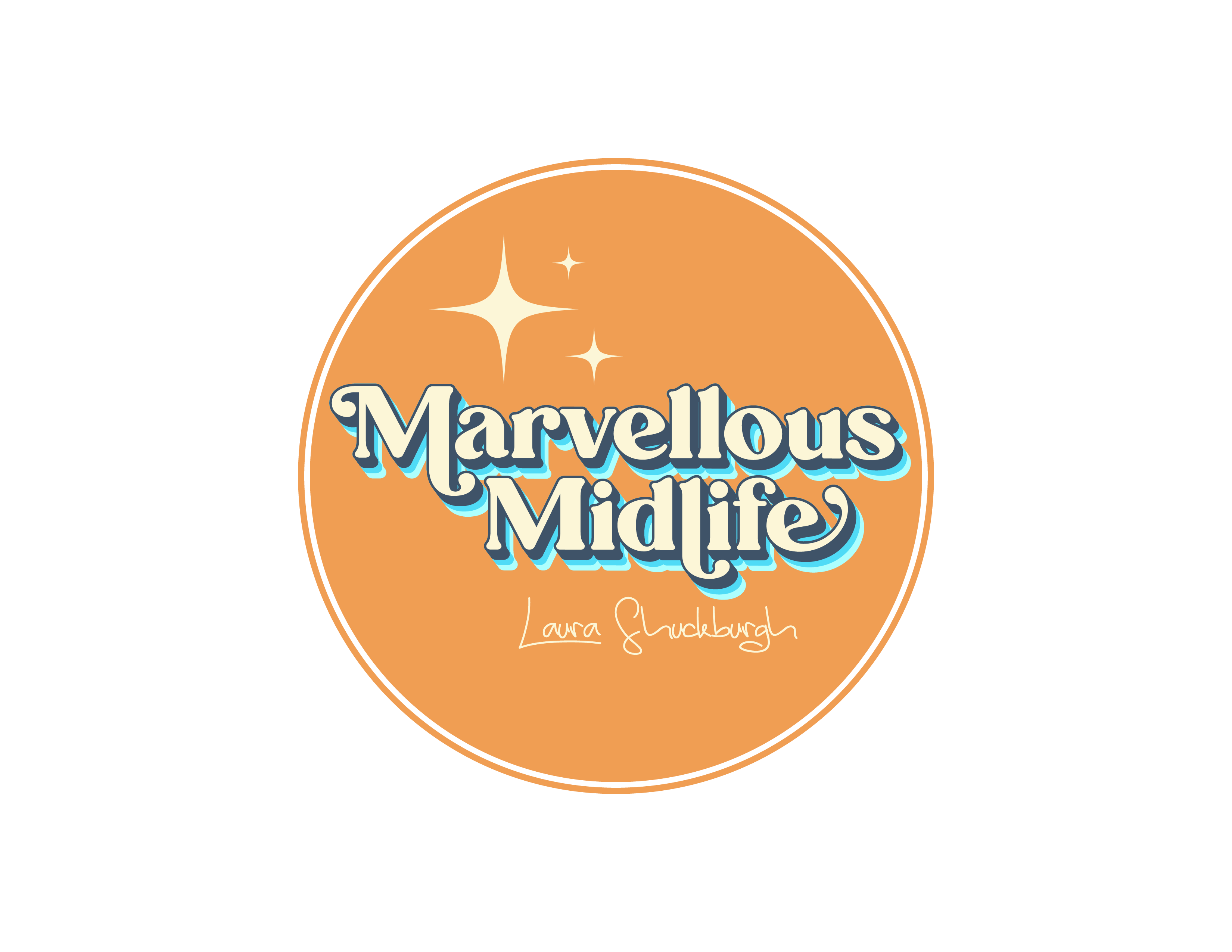
I've been a chartered quantity surveyor for 26 years and held a senior management position for the past 15. But on 18 July this year, I became a statistic – one of the estimated 10% of women who give up their career because of the menopause.
That might sound dramatic. Yet as well as that 10%, there are many others who take a step back from their role, go part-time or don't seek promotions because of what can be debilitating symptoms.
Women going through peri-menopause – the time leading up to menopause – and menopause experience a range of such symptoms. Some are physical, such as hot flushes, sleep issues, palpitations and fatigue.
Others are invisible, for example anxiety, depression, brain fog and loss of confidence. Add stress to the equation and the effect can be magnified. All of these impacts can make it difficult to carry out your role.
The menopause affects 51% of the population at some point in their lives. Many businesses that were historically male-dominated but have since recognised the benefit of becoming more gender-balanced need to address the issue; otherwise, they are putting themselves at risk of losing experienced staff.
Women in midlife can bring a wide range of skills, knowledge, experience and perspective to an organisation. Having that diversity can be empowering for a business. They are such a valuable asset as they can help create a more inclusive company culture and build positive relationships between the generations.
While there are benefits to having a younger demographic, experience and knowledge are still required to help such staff develop. Balance is also key because clients want confidence in the teams they appoint – so a mix of youth and experience is important.
We all know how difficult recruitment has been in recent years, but people in their midlife tend to be more loyal, resulting in a lower turnover of staff and more stability.
So, what happens to women like me? Do they give up work completely? Can they all afford to retire? No, of course not; but neither do they shrivel up and die, never to be heard of again. They go on to run their own businesses, choosing to take control of their lives and create a working environment that suits their strengths.
Maybe we should think about it a different way. Suppose the change in women as a result of the menopause were seen as positive for businesses? The menopause can bring a renewed zest for life, confidence and wisdom.
Would a change in role be the way forward to play on these newfound strengths? There's no doubt that women in their midlife want the opportunity to grow and develop. But dealing with what can be a very challenging period is frustrating and can be debilitating.
But organisations shouldn't fear making changes that will support employees. These needn't be onerous, and businesses can take some simple measures that benefit everyone.
First, they can take the menopause seriously. This isn't about having a policy so they can tick a box – it's about empathy and cultural change. Show that you mean it.
This entails talking about it. Even in 2023 there's a stigma attached to the menopause, with many women reluctant to ask for support for fear of how they will be viewed and the potentially negative effects this might have on their career. Organisations need to communicate that they are open to having the conversation.
Raising awareness can help overcome the stigma. Don't assume that all women understand the impacts of peri-menopause and menopause and how to manage them. Consider menopause awareness sessions for all employees. Knowing how to recognise the symptoms means women can start managing them at an earlier stage.
But you can't expect line managers and leaders to understand how to have those sensitive conversations and recognise the effects of the menopause without training. This applies to both male and female staff, so give them the knowledge they need to make conversations easier for both parties.
You can also identify and train menopause champions, who can advise on the best way to support colleagues, will know where to signpost them both within the organisation and externally, and can be the first point of contact if an employee is unsure about approaching their line manager.
Fostering community can also offer a space and bring people together. This can enable those going through the menopause to talk with others in the same situation, or for colleagues to increase their awareness.
Group or individual coaching can be another powerful tool in managing the impacts of menopause. Making changes to lifestyle and creating individual toolkits to help manage the impact can be particularly beneficial.
Dr Lucy Ryan's book Revolting women also suggests midlife check-ins. Dr Ryan defines this as 'a genuine attempt to understand what is going on from a professional point of view.' Although she was not writing specifically about the menopause, these can still be a useful way to understand how this is affecting an individual and how their employer can help.

It's important to note that the situation is not permanent. The impacts can be managed, and it doesn't have to define you. Recognising the symptoms early and being prepared are key: that way it's easier to keep on top of it, so it doesn't affect the individual and their day-to-day life.
Many women still do need support through this stage of life to some extent. There is no common solution, so if a company has a broad range of resources on offer it can benefit everyone.
It's not just about retaining women in organisations, it's about attracting them too. Women over the age of 50 are the fastest-growing demographic in the UK workforce, so ignore them at your peril.
Showing how you as an organisation are supporting women could be a unique selling point. How many businesses have considered that?
Although I haven't retired as a quantity surveyor, I am taking a career break. As part of this, I've teamed up with Laura Shuckburgh of Marvellous Midlife to help Work With Menopause, the part of her business focusing on menopause in the workplace.
In the short time I've been doing so I've noticed that the tide is turning. Smart businesses are recognising how some simple measures can make a big difference to the way women can thrive through this stage of their lives and beyond.
October is Menopause Awareness Month and 18 October 2023 is Menopause Awareness Day.
For the benefit of everyone, let's normalise this topic, de-stigmatise it, provide the support women need, and recognise the benefit of having midlife women in businesses.

Karen Sandford MRICS is a chartered surveyor and consultant with Work with Menopause
Contact Karen: Email
CONSTRUCTION JOURNAL
Daniel Salisbury MRICS, James Sheppard MRICS and Paul Smith MRICS 02 May 2024
CONSTRUCTION JOURNAL
Neal Morris and Callum Miller 18 April 2024
CONSTRUCTION JOURNAL
Paul French 03 April 2024